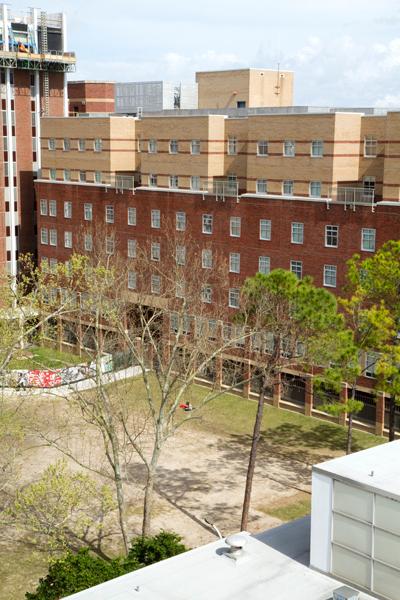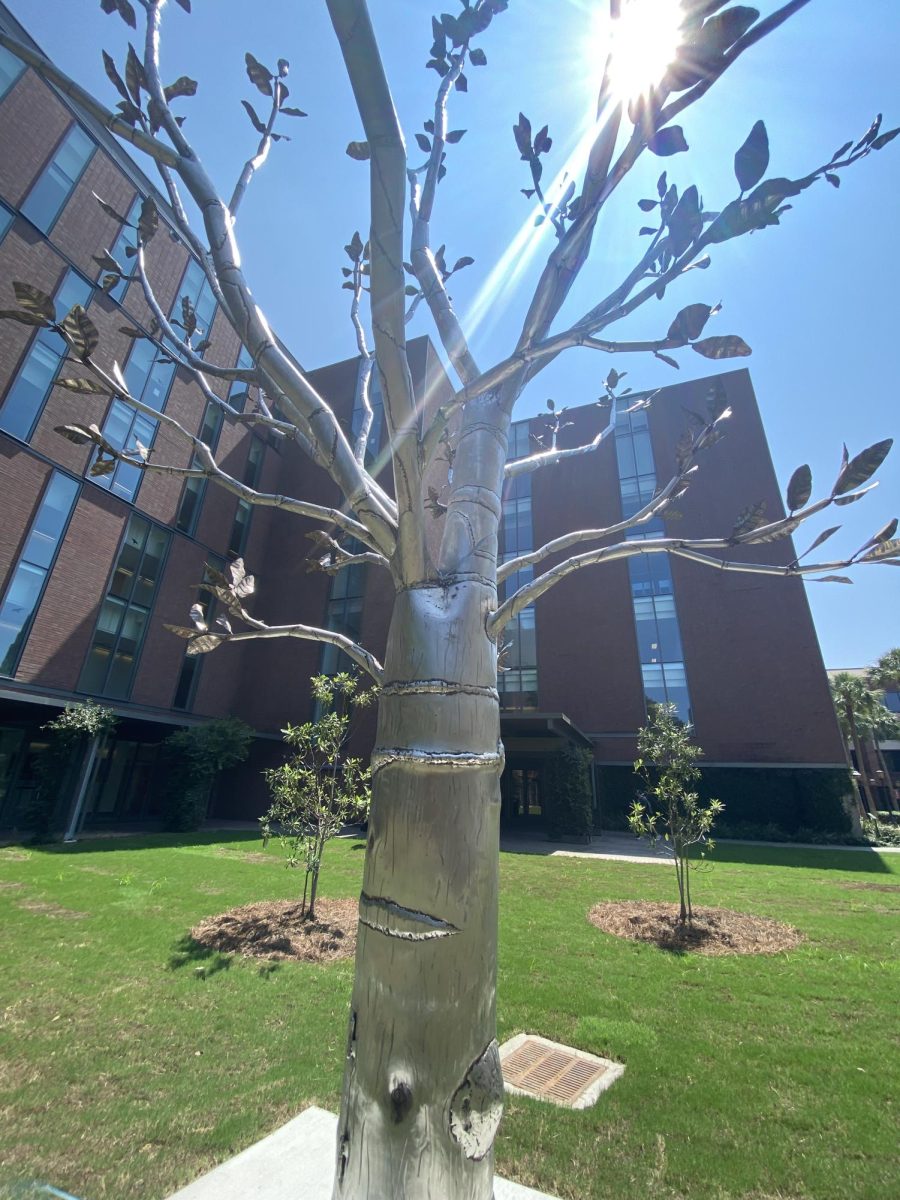Loyola’s two-year, on-campus residency requirement will not change for all freshmen and sophomores, although one dorm will be out of commission and the others at capacity.
Next year Cabra Hall, one of Loyola’s residential halls, will be offline due to construction, which means that the university will be down 213 beds. According to Cissy Petty, vice president of Student Affairs, Loyola will not be changing its policy of having first-year and sophomore students living on campus. If the need arises it will grant some sophomores the opportunity to live off campus.
When Loyola instituted the on-campus residency requirement for sophomores several years ago, it was meant to transform Loyola from a commuter to a residential campus and bring the Loyola community together, according to Petty.
“Loyola is firmly committed to the social and educational foundation that living on campus provides in the first and second years of the college experience. The two-year residency requirement is important to our mission as a Jesuit university,” said Director of Residential Life Craig Beebe.
Because construction on Cabra is only short term, it would not be prudent to apply a long-term solution such as rolling back the university’s two-year residency policy because of the loss of bed space for one year, Beebe said.
In order to accommodate all students, the university will be enacting several changes to make sure everyone will have somewhere to live.
Buddig and Carrollton halls will not be tripled because they were not built for it, Petty said. Biever will continue to have doubles and triples because it was built for that capacity in the planning stages of the building.
Another change will be that Residential Life will be releasing information for a supplemental sophomore housing exemption process in the next few weeks.
“The simple process will open to rising sophomores to register for a lottery-style drawing for housing exemptions for the 2012 to 2013 academic year. The first round of exemptions will be announced prior to Room Draw in late March,” Beebe said.
Residential Life will also work with students for off-campus housing, Petty said.
The reason that Loyola is so adamant about keeping its two-year on-campus residency policy is because national research shows that students who live on campus perform better academically, are retained at a higher rate and are generally more satisfied with their college experience, Beebe said.
Research has also shown that students graduate at higher rates if they live on campus, Petty said.
Loyola also strives to protect all students, and living on campus allows students the opportunity to benefit from the convenience and safety of campus living — something that is not always available through off-campus living, Beebe said.
Kristen Himmelberg can be reached at [email protected]






